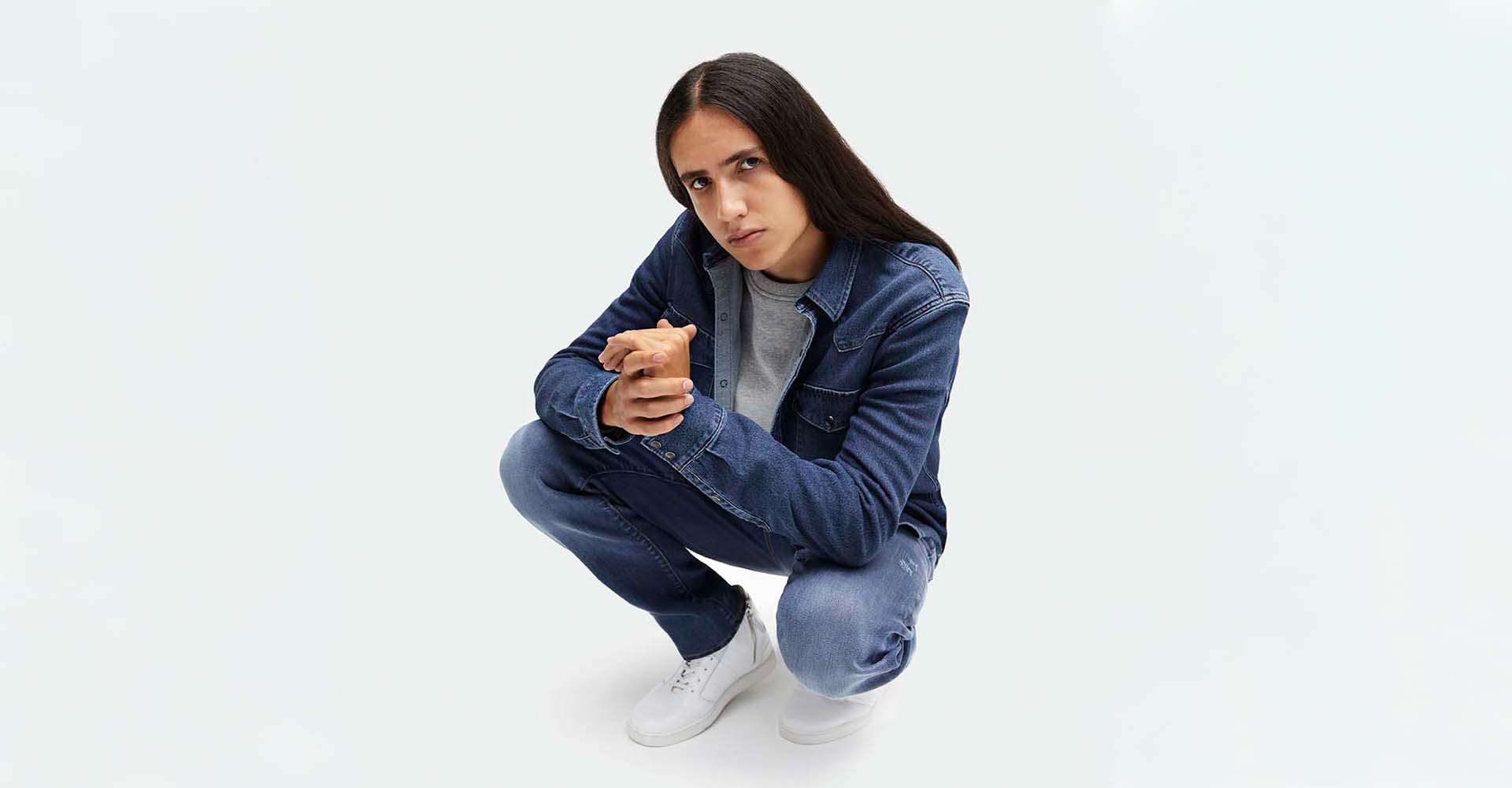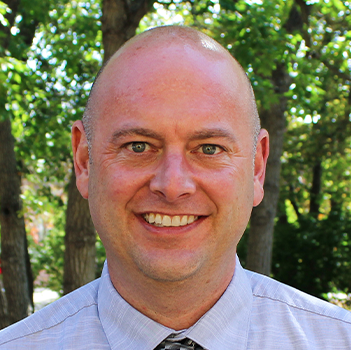Environmentalism’s new beat
Generation Z is raising its voice to fight for the environment. Here’s how 19-year-old activist Xiuhtezcatl Martinez is using hip-hop as a catalyst for climate advocacy.

If feels like environmental activism has a new energy in 2019, it’s because Generation Z has taken up the cause with zeal.
Their voices are adding a new urgency to calls for solutions to climate change, dirty water, plastic pollution and other pressing environmental issues.
Go back and listen to the demands made of world leaders at September’s United Nations Climate Action Summit by 16-year-old Swedish climate-change activist Greta Thunberg or 15-year-old Autumn Peltier, a Canadian Wiikemkoong First Nation water activist. They’re loud, bold, even angry, because this new generation of activists understands the power of their voices – and the catalytic potential they carry.
“One day I will be an ancestor, and I want my descendants to know that I used my voice so that they could have a future,” Peltier told the U.N.
Count Colorado-based indigenous climate activist Xiuhtezcatl Martinez among the leaders in this new class of environmental activists. The 19-year-old, who goes by his first name, is raising his voice over a beat as a conscious artist, author and youth director of nonprofit environmental group Earth Guardians. His new single, S.W.Y.M, takes on climate change – and the failure of the generations before him to address the crises.
“I’m sick of adults and their ego / watch how the youth finna lead the way,” he raps on the track.
“If you look back in history, some of the most influential moments have been reflected by the artists of our times – Lennon, Marley, Tupac,” Xiuhtezcatl said. “Every generation has those musicians that permeate culture and seize the moment.
“That’s what we’re showing up for today.”
Hip-hop has long been used as a vehicle for social commentary and a catalyst for change, going all the way back to 1982’s “The Message” by Grandmaster Flash and the Furious Five, in which the legendary artist broached the topic of inner-city poverty: “Don’t push me ’cause I’m close to the edge / I’m trying not to lose my head / It’s like a jungle sometimes / It makes me wonder how I keep from goin’ under.”
Hip-hop works as a vehicle for addressing climate change because its message – then and now – remains authentic, Xiuhtezcatl said.
“Think of folks like Kendrick Lamar and Nipsey Hussle – you can be the biggest in the world and weave in stories of empowerment,” he said. “That’s the genius.”
|
Free Concert with XiuhtezcatlJoin MSU Denver students, faculty, staff and community members Oct. 17 for a free concert featuring Xiuhtezcatl, along with spoken-word contest winners and dance troupes. Attendees are encouraged to RSVP by Oct. 11. All registered guests will have access to a pre-concert pizza party. St. Cajetan’s Event Center
|
|
Rising up
Xiuhtezcatl isn’t moving folks with just his beats. His book, “We Rise: The Earth Guardians Guide to Building a Movement That Restores the Planet,” is helping other young people make connections for change, said Adriana Nieto, Ph.D., chair of Metropolitan State University of Denver’s Department of Chicana/o Studies.
Nieto is one of the architects behind MSU Denver’s 1Book/1Project/2Transform initiative, which this year focuses on “We Rise” and Xiuhtezcatl’s prescription for change. The book – penned when Xiuhtezcatl was 16 – describes step-by-step methods for actionable ways to confront seemingly insurmountable challenges.
“(‘We Rise’) helps (readers) to not get overwhelmed by the enormity of the issue we face but how to focus on what small actions we can take to make a difference,” Nieto said.
In his role as youth director of Boulder-based Earth Guardians, a conservation organization comprising activists, artists and musicians, Xiuhtezcatl has honed his understanding of the huge opportunity artists have to influence culture by telling stories that “break through the veil of mass consciousness.”
“Human culture has always been defined by the stories we tell, and music has always been a conduit for them,” he said. “Look at the ancestral practice of passing along stories of creation – we need to stay connected to that, and that’s what we’re doing through hip-hop.
“We have the opportunity in the next 10 years to define what the next 1,000 years look like,” he added. “That’s heavy – it’s the chance to stand in a movement in a place of love, unlike anything we’ve seen in the past.”

Integrating understanding and art
For Shelby Lafrinere, the chance to stand in a movement raises critical questions that frame her studies and career in environmental advocacy.
“Who’s pollution going to affect? Who’s being exploited? How do we move forward without destroying our community?” the 2019 MSU Denver graduate asked. Lafrinere recently completed an individualized degree in environmental leadership and global interaction that blended political science, environmental science and communication studies. She plans on studying policy reform in Iceland and Tanzania as part of her graduate work in climate change and global sustainability.
Her MSU Denver Honors Program thesis, entitled “H.I.P. H.O.P.: Healing Inter-Personally, Healing Our Planet,” examined the intersectional nature of environmental preservation through the lens of hip-hop, which “simultaneously teaches self-preservation and the principles of sharing, educating, honoring the past and innovation,” she said.
“Hip-hop has opened up a space for us to grown and learn – that’s a form of ancestral healing,” she added.
That healing process requires a critical, historical perspective to understand the past as a foundational basis for moving forward, Nieto said.
“We need to approach the climate crisis not to blame people but to take a look at how we got here to be able to undo it,” she said. “We do this by listening to indigenous voices to undertake the decolonization process – and that’s not just decolonization of people, but of philosophies.”

Making complex, multifaceted challenges accessible is one of the unique elements of hip-hop that resonates across generations, agreed Sara Jackson Shumate, Ph.D., a lecturer in MSU Denver’s Department of Earth and Atmospheric Sciences and faculty advisor to Lafrinere during her time at the University.
“We have to think about the environment intersecting with other social issues, like debt and housing affordability,” Jackson Shumate said. “I don’t think we can stop climate change, so the emphasis changes to ‘how do we adapt?’”
Doing so will require forging political, cultural and social connections, said Jackson Shumate, adding that hip-hop can be a powerful tool for people of color and from otherwise marginalized communities to advance economic growth, prominence and influence.
These themes of empowerment underscore how she’s integrating “We Rise” into her Introduction to Human Geography class this fall and frame how she sees Lafrinere’s policy study and Xiuhtezcatl’s artistry.
“They’re both asking, ‘How do you integrate understanding and action into art forms?’” Jackson Shumate said.
For Lafrinere, the medium is the message – to engage and move people in any space, whether that’s the C-suite or a high school, by finding literal common ground.
“If there’s anything that unites humans, it’s our connection to the earth,” she said. “This could be the thing that pushes us into our full potential, if we choose to look at it that way.”




